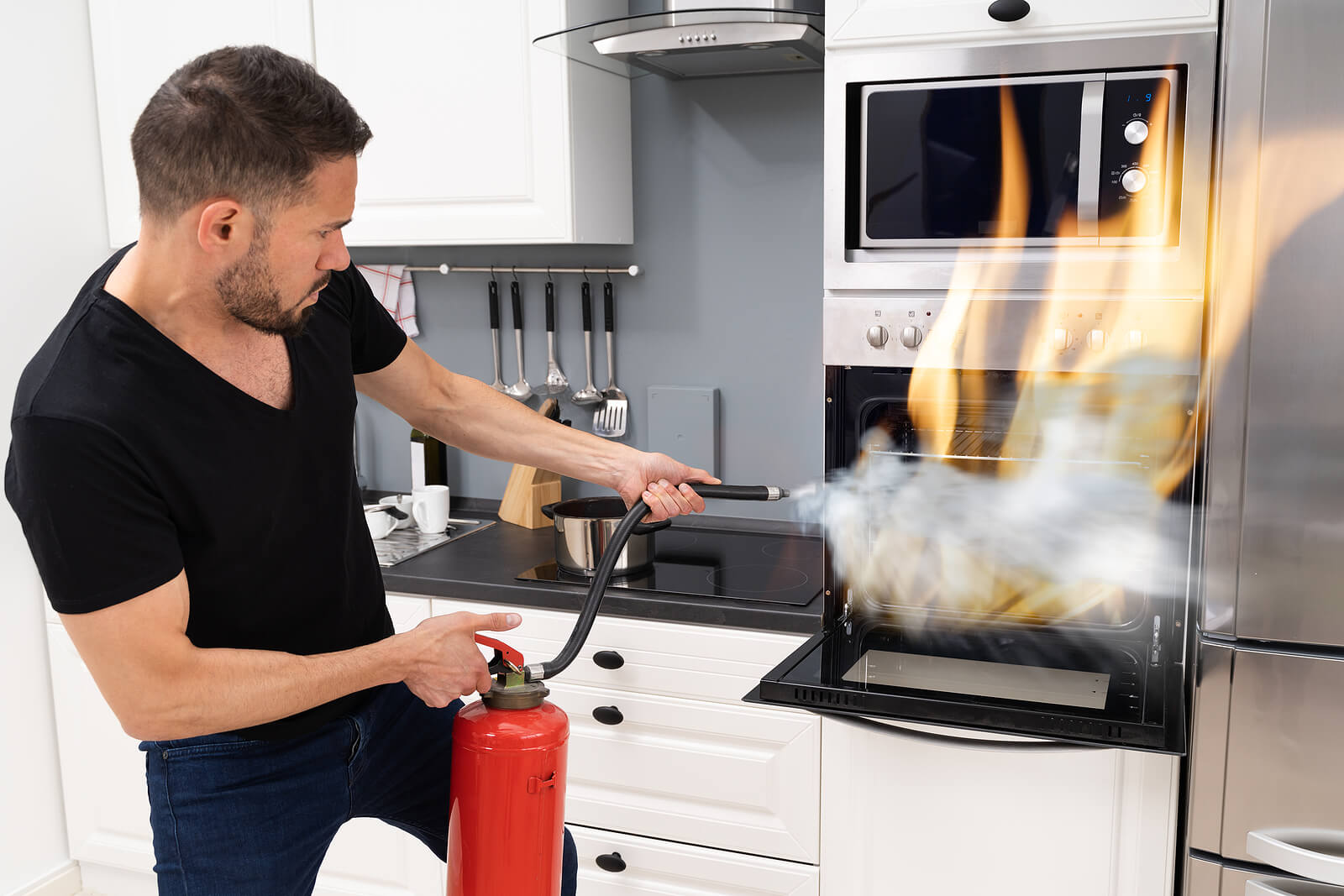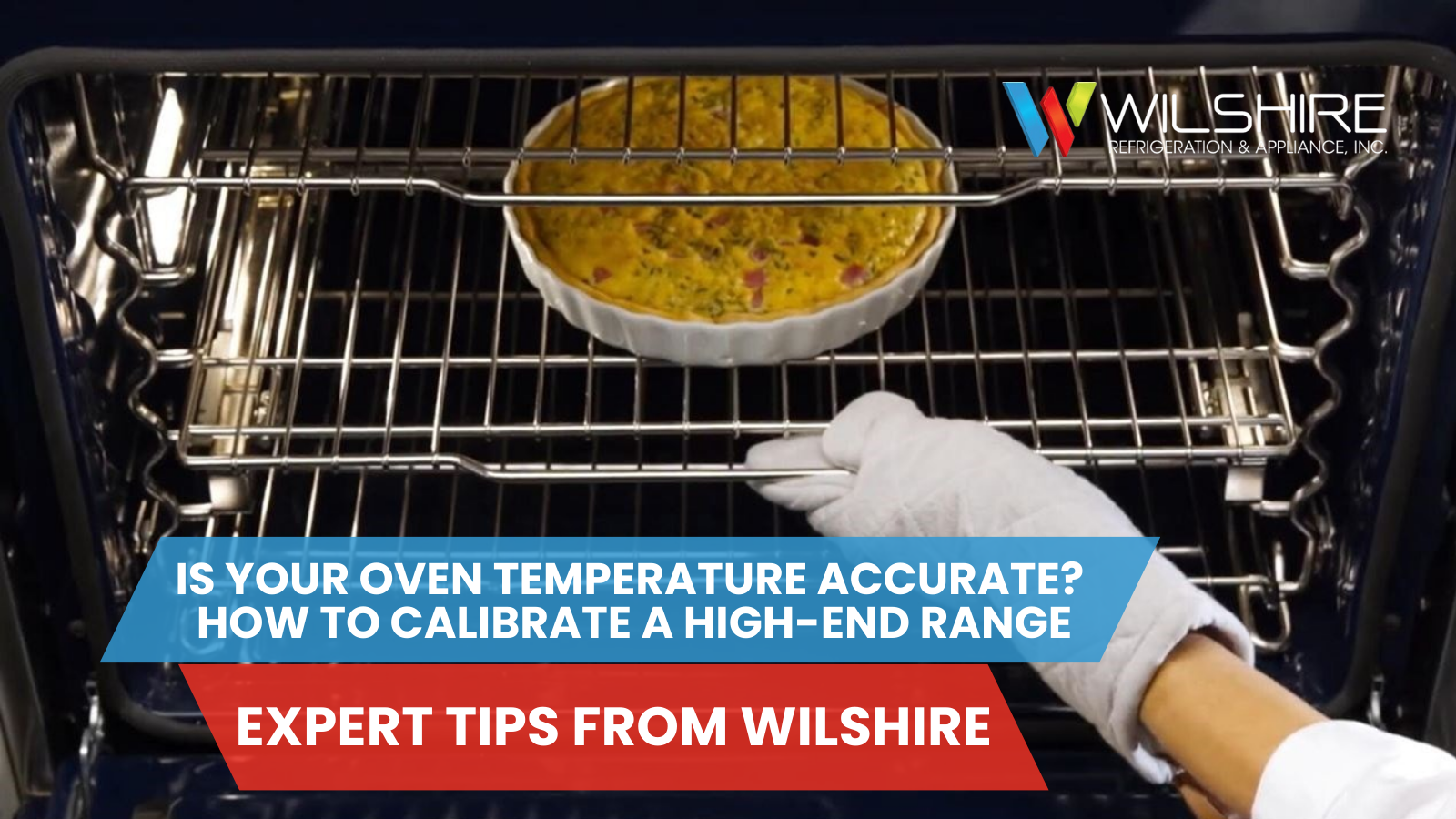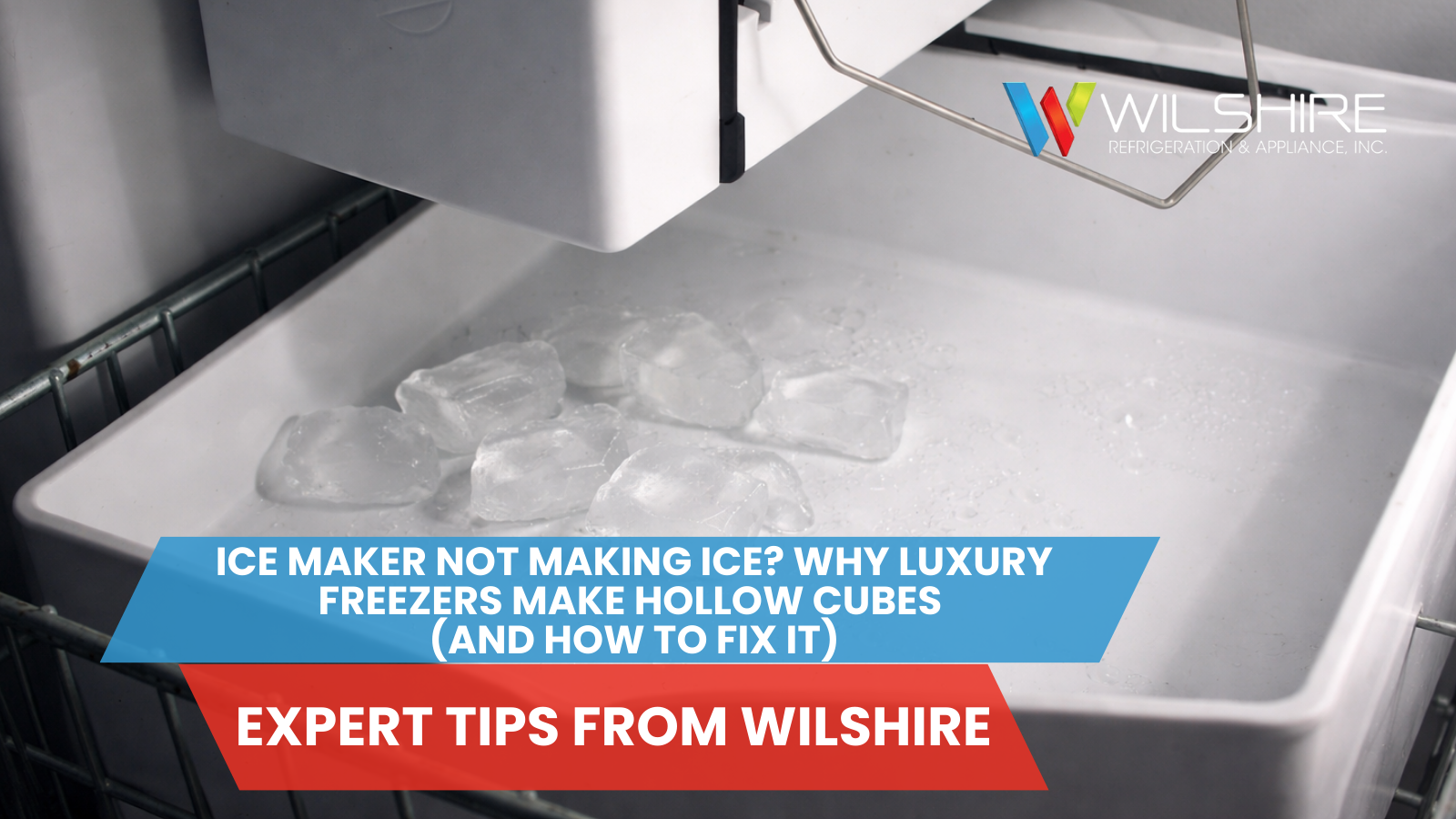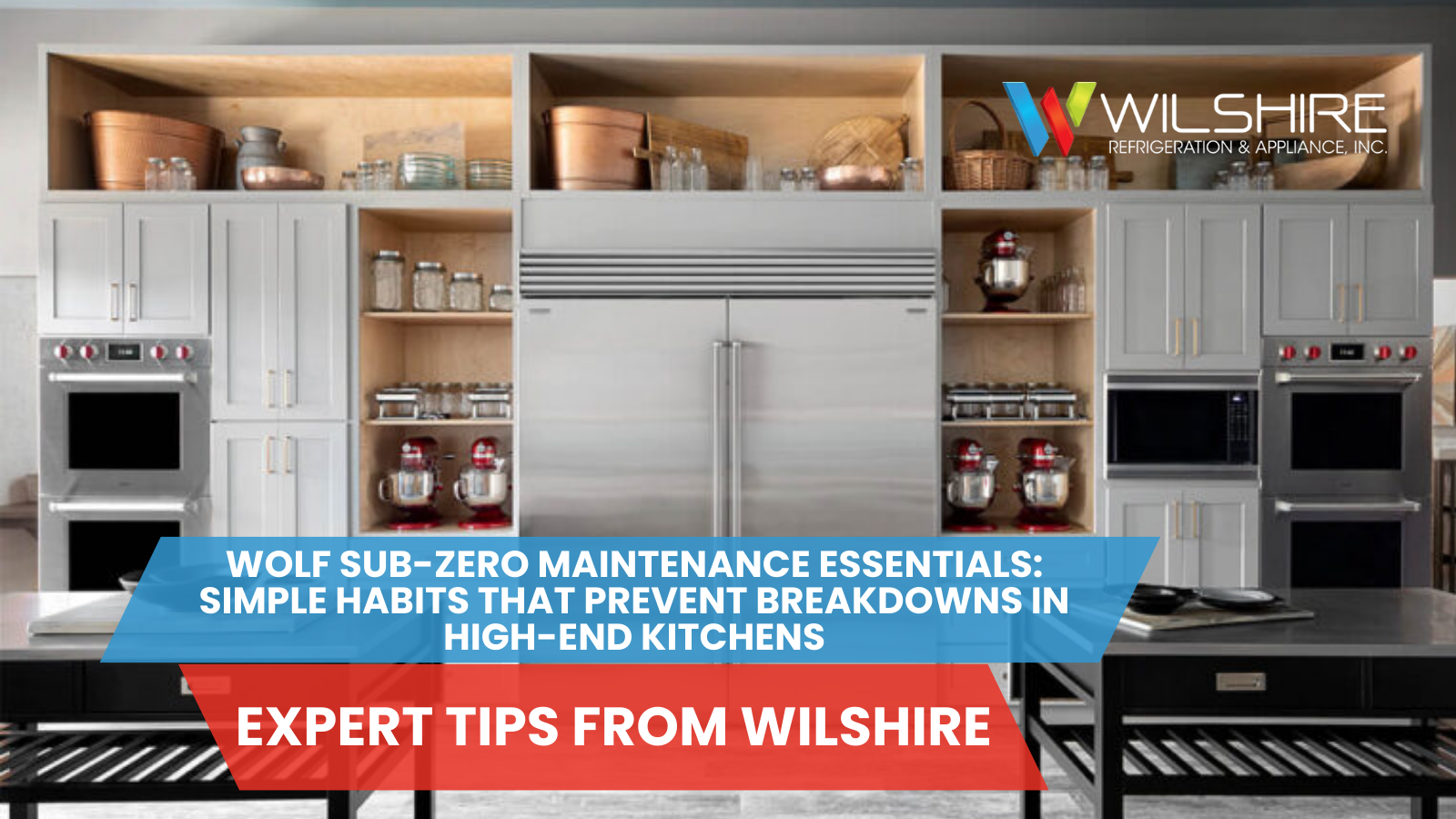Knowing how to prevent an oven fire is essential knowledge when it comes to appliance maintenance. The commonly known fact that the majority of home fires start in the kitchen holds true to this day. Oftentimes, the oven is the primary source of ignition. It can catch fire if you leave food scraps or other items inside, or you forget that it is on. Splattering fat and grease or overflow from baking can trigger small fires.
Kitchen Fire Factors by the Numbers
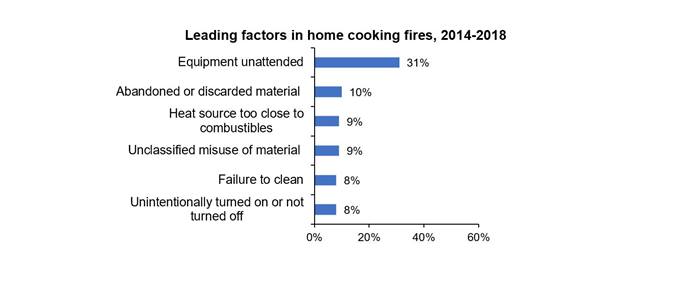
Tips to Prevent Oven Fires
Knowing what to do in an oven fire can stop the situation from getting worse (keep the door closed, turn the oven off, and go outside/call 911 if the fire doesn’t go out on its own). However, you can prevent a fire from occurring at all. Here’s how you can prevent oven fires in your home:
Don’t Leave the Oven Unattended While Cooking
This is the most common cause of kitchen fires. Never leave home or go to sleep while the oven is on. Consuming alcohol while cooking puts you at risk too, as it can lower your level of alertness. If you’re present and aware, you can immediately notice any smoke condition, unusual smell, or sounds and take evasive action.
Cover Splatter-Prone Food
Grease and fat can trigger an oven fire, which can flare in just a few short minutes. At they very least splattering grease will cause a mess. But you can prevent a fire and an intensive cleanup by using a splatter guard or cover. Or, if you’re roasting, drain hot grease from the pan every half-hour. A baking tray for cakes and pastries can prevent food matter from falling and burning on hot interior surfaces.
Be Careful with Kids and Pets in the Kitchen
Kids are usually curious about the kitchen, and parents often want them to be involved in cooking to some degree. But small kids can get under your feet, or grab a pot or pan handle and spill hot liquid. The same goes for pets. If one is in the wrong place, you can trip and spill a greasy pan that could start a stove fire.
Keep Flammable Materials Away
Pay close attention to what is on your countertop or cooking surfaces. Paper towels and anything flammable shouldn’t be near flames. Even loose clothing or fabric can catch fire.Don’t wear anything that can get snagged on a pot or door handle.
Monitor Oven Temperature
Use a cooking thermometer to track oil temperature. Cooking oil has a flash point at which it will burst into flames. If you’re frying foods, a probe thermometer is a handy tool.
Set a Timer
Cooking and working in the kitchen in general typically involve multitasking. It’s easy to forget something is in the oven. By setting a timer, you’re reminded it’s time to remove food; even if you’ve already done so, it can alert you to turn the oven off.
Keep Your Kitchen Clean
A clean kitchen deters vermin and lowers the risk of contamination. It also eliminates layers of grease that have vaporized and coated equipment and cabinets, which can help a fire spread.
Get the Right Fire Extinguisher
An ABC fire extinguisher can put out fires involving wood and paper, grease or gasoline, and electrical equipment. Your fire extinguisher should be UL-rated and small enough for the kitchen but still effective (about three to five pounds).
Smoke Detector
A smoke alarm won’t stop a fire, but it will alert you of any danger. Don’t install a detector in your kitchen. This can lead to false alarms. Instead, place it six to 20 feet away from appliances; photoelectric smoke detectors should be placed closer, while ionization detectors farther away.
Never Heat Your Home with the Oven
This is a very bad idea. A gas oven may emit carbon monoxide, while an electric oven can overheat and start a fire if it’s on for too long.
Proper Oven Maintenance
An unclean or faulty oven is more likely to start a fire than a well-maintained one. If you need Wolf oven repair or maintenance in and around Los Angeles, Wilshire Refrigeration can address any need or issue with your appliance. To schedule factory certified service, call 800-427-3653 today.
